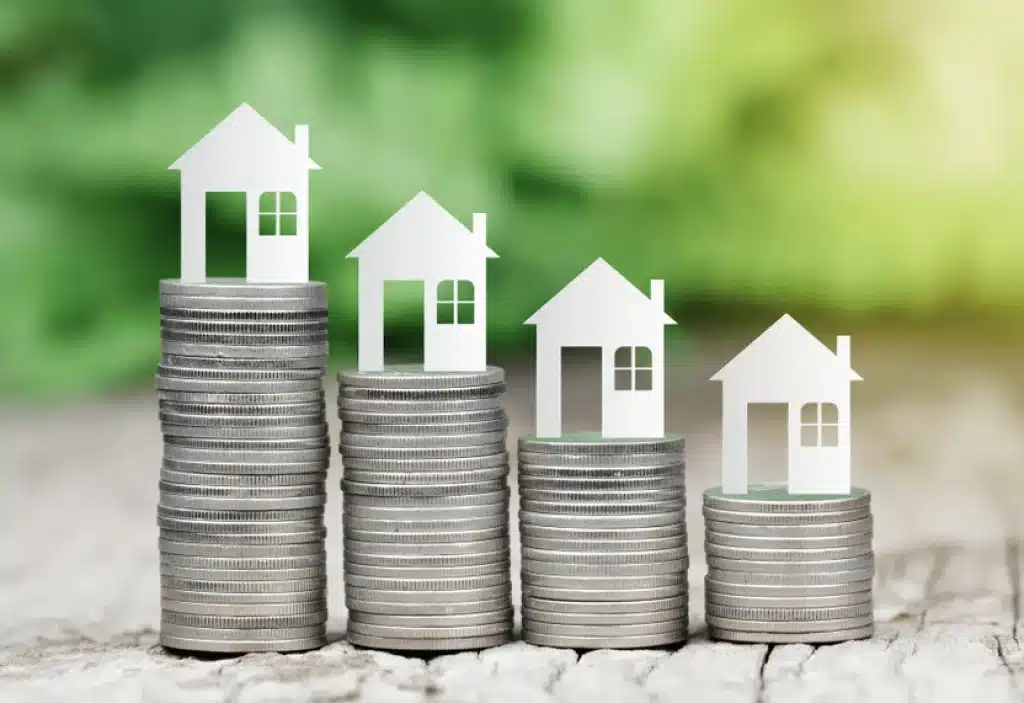Real estate as an interview in the USA is a topic that continues to elicit a lot of attention as a form of investment and a question that remains on the lips of many is; is it really wise to invest in Real estate in 2024? Before heading to the property market there are factors that any potential investor should consider in the future.
Exploring these dynamics necessitates analyzing the characteristics of markets, their context or environment, and investment’s possible yields. Hence, real estate is in fact a worthy investment if approached with the right mind-set and by taking into account all the factors.
Market trends in 2024

The U. S Housing market can be described as cyclical bounded entity over time, which features relapses of boom and bust. Real estate is expected to perform relatively better in 2024 in terms of the growth that it will achieve. It is forecasted that property prices will become more stable after the highly heightened prices recorded in previous years.
Also, those major zones are experiencing a rebound given that people are returning to the offices and there is more focus on the urban life. This tendency may make investing in metropolitan areas even more profitable than in the past.
Economic conditions
The overall condition of the economy will be a determinant factor influencing the flow of the real estate investments in the year 2024. A stable economy equally means stable employment opportunities, consumers’ confidence in the purchasing of goods and services, and higher disposable income – all of which are ideal for housing.
The major factors that e-book buyers are likely to consider while borrowing costs will include, inflation rates, interest rates, and the general state of the economy. Today interest rates are still comparatively high, though growth of the inflation rates is expected to prevent by central banks as the mortgage rates remain reasonable to most of the purchasers.
Profitability of real estate
Generally, location, type of property and the time of investing dictates the probability of gaining more profits especially in the real estates. According to many authors, those houses in the developing districts or cities with saturated economic activity provide the highest yields. The type of property; residential, commercial, or industrial should also be taken into consideration alongside its prospect in the provision of rental income.
This is evident on the aspect of renovation and development of the investments as they improve the overall value of the investments. Taking a look into the future to 2024, witness how these sustainable and smart home features are highly to be valued and contribute to making homes better for buying and letting.
Types of risks and their attendant dangers in real estate investment
Like in any investment process, real estate is not without some risks. Certainly, it is pivotal to grasp these risks so as to proceed to the development of certain decisions. Liquidity risks, global shocks, and shift in favorable policies as well as regulations are some of the risks that may reduce the worth of properties and even degrade the investor’s worth.
The investors should also consider the liquidity risk which is another measure of financial risk. It is comparatively less liquid than many other forms of investment, so the opportunities and sales of properties can sometimes take time to set up and process.
Market volatility
Depending on the area or property type, property and houses are generally in a cyclical market and experience high fluctuation rates. This flotation can be risky for the investors, especially during moments of economic downturn.
As a way of reducing risks dependent on the market trends, it is possible to invest in a number of different type of properties along with different regions. In this way, the investor does not put all his eggs in one basket and becomes significantly dependent on one segment.
Costs associated with investing
In addition to the price of the property, one must take into consideration many recurrent costs of the real estate investment. Other costs include property taxes, insurance costs, maintenance costs, and other homeowner’s association fees in case you are in a development that has the organization.
They accumulative and in the end bring down the overall return on the project. Thus, investors need to be strategic when it comes to the actual purchase since they have to ensure that they do value engineering to determine the costs incurred in a given purchase.
